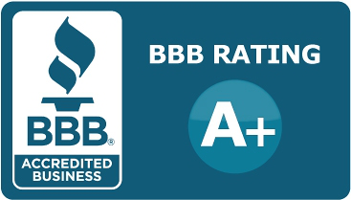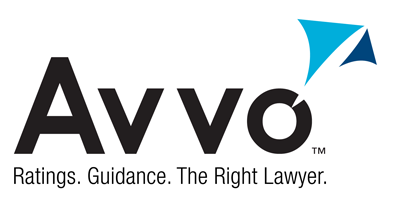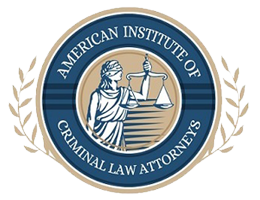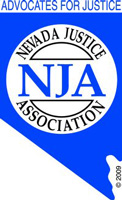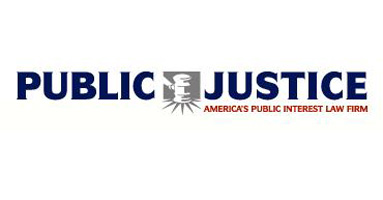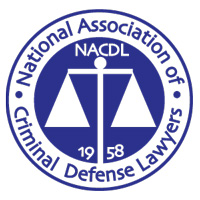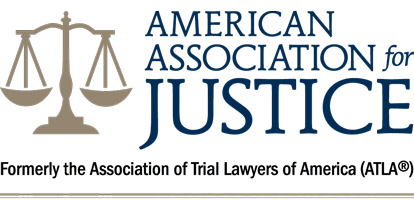In order to pass the Las Vegas DMV Permit Test, you must have adequate knowledge of vehicle laws, and pass a skills driving test. A non-commercial driving test asks 50 multiple choice questions, which 40 must be answered correctly to receive a passing score. This test is offered in both English and Spanish. After the written test is passed, a skill driving test will have to be performed with a driving examiner.
A vision test will be administered before a license is given. To pass the vision test, a minimum of 20/40 vision will be needed driving license. If the minimum vision cannot be met then stipulations can be placed on a license.
In order to be prepared for the Las Vegas DMV Permit Test you can obtain a study handbook at the DMV office or online. There are also driver education classes that cover the information that will be on the Las Vegas DMV Permit Test. Preparing for the Las Vegas DMV Permit Test is not something that should be taken lightly.
The initial testing fee will be $25 and $10 for each retest needed. These fees can be paid by cash, check, money order, debit card or major credit cards. Once all tests are passed an identification card will need to be paid for which costs $6 – $12.
At age 15 1/2 teens can obtain a learners permit. In order to obtain this, drivers must pass the vision and written test. Teens will need to have a parent/guardian sign a financial responsibility section that is on the application. The learners permit will cost $22.
If your license has been suspended, change of address, name change or a late renewal you will have to renew by mail or in person. If you want to renew your driver license you can do so online, by mail or in person. If you are more than 30 days late in renewing your driver license than you will need to pay a $10 late fee.
People who will be required to take the Las Vegas DMV Permit Test are; persons who have never held a license, persons suffering with vision-related problems, persons holding a limited term license for specified physical and mental conditions, persons holding a restricted license, persons holding an out-of state junior, provisional or probationary license, or persons that need a license but do not have a license to surrender.

